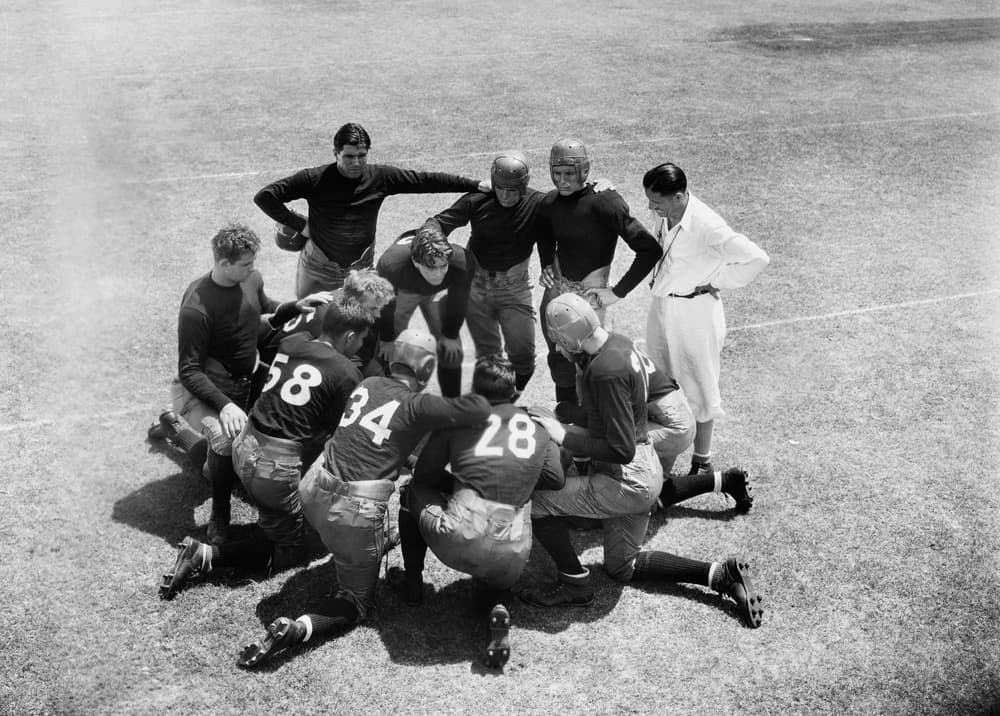
It was three weeks to Christmas and the truck driver, having a family to care for, continued to work each day taking heavy doses of Tylenol. By Christmas, he was in constant agony and with his wife’s encouragement, went to the local emergency room. The doctor diagnosed both back and neck strain and told him he could not work. The employee reported the claim to the trucking company. The trucking company clerk, whose job it was to report all workers comp claims to the third party administrator (TPA), noted the accident occurred three weeks prior to being reported. The trucking company’s policy with its employees was for all injuries to be reported within five days of the date of injury. When the clerk reported the accident to the TPA, she told the adjuster the claim should be denied, as the police report showed the truck driver was not hurt and failed to report the claim within the employer’s five-day reporting period.
Click Link to Access Free PDF Download
“How Do I Get My Adjusters To Follow My Account Handling Instructions?”
Adjuster Said “Okay, if that is what you want”
The adjuster said, “Okay, if that is what you want,” and promptly sent the truck driver a denial of benefits letter. Unfortunately, the state law where the claim occurred, allows the employee one year from the date of the accident to report the claim. When the truck driver received a denial of benefits letter he immediately hired a lawyer.
The adjuster knew what the law was, but made a wrong decision, by allowing the employer’s reporting policy to prevail over state law. The adjuster should have immediately advised the reporting clerk that the state statutes give the employee a year to report the injury. The adjuster abandoned decision-making on the claim to the employer, even though the adjuster’s knowledge of workers comp statutes was greater than the clerk reporting the claim.
Since the adjuster denied the claim based on the employer’s wishes (or the WC clerk), no further action was taken.
Ten things the adjuster failed to do:
- Make 24-hour three-point contact with the employee, employer, and medical provider.
- Obtain a recorded statement from the employee regarding the details of the accident and the nature and extent of the employee’s injuries.
- Obtain documentation on the damage to the truck (to reflect the force of the impact suffered by the driver).
- Obtain information on the woman who caused the accident for the purpose of subrogation.
- Put the insurance carrier for the other party on notice of the intent to subrogate.
- Obtain the doctor’s diagnosis and prognosis.
- Obtain wage documentation and in order to calculate the indemnity benefit rate.
- Establish appropriate reserves for the indemnity and medical cost.
- Arrange for the employee to return to work on light/modified duty.
- Provide any type of medical management on the claim.
Now, since the employee hired an attorney who expects to earn a fee when the employee was released to light duty following his first doctor’s visit, the attorney failed to convey that information to the adjuster. The attorney arranged for the employee to see a doctor he referred his client to. This new doctor kept the employee off work until the employee, ignoring the doctor’s advice, returned to work on his own.
The attorney waited until the employee was released back to full duty before sending his letter of representation. The attorney-selected doctor gave the employee a small impairment rating from which the attorney would take his fee, plus his percentage of the employee’s PPD, for the time the employee was kept off work.
When the defense attorney strongly recommended the claim be settled, the adjuster had nothing to mitigate the damages. As a part of the settlement agreement, the TPA gave up the right to subrogate against the woman who caused the accident, allowing the employee and his attorney to bring a lawsuit for the traffic accident.
Employer Did Not Know the Consequences of Denying Legitimate Claim
The employer and/or the clerk did not know the law or understand the consequences of denying compensation on a legitimate claim, even when reported late. What should have been either a medical-only claim or a very minor indemnity claim became a PPD claim, costing at least five times what it should have, because the adjuster abandons her (or his) responsibilities and allowed the employer to make the decision on compensability. The TPA also had to negotiate away the right of subrogation to get the claim settled. With subrogation rights, the entire amount paid by the TPA on the claim could have been recovered.
If, as an employer, you do not know all the aspects of the workers’ compensation statutes in your state, trust the adjuster to make the correct decision. If you question the adjuster’s decisions on claims, discuss why they are proceeding in the way they are. Create a partnership with the adjuster in the handling of your claims, but trust the adjuster judgment and knowledge of the law. It is usually a wrong move to handle workers comp claims by what you want rather than by what state statutes require. And, it might be a good idea to train all employees involved in processing workers comp claims to not make suggestions on how a claim ought to be handled.

Author Michael Stack, CEO Amaxx LLC. He is an expert in workers’ compensation cost containment systems and helps employers reduce their workers’ comp costs by 20% to 50%. He works as a consultant to large and mid-market clients, is a co-author of Your Ultimate Guide To Mastering Workers Comp Costs, a comprehensive step-by-step manual of cost containment strategies based on hands-on field experience, and is founder & lead trainer of Amaxx Workers’ Comp Training Center .
Contact: mstack@reduceyourworkerscomp.com.
Workers’ Comp Roundup Blog: https://blog.reduceyourworkerscomp.com/
©2018 Amaxx LLC. All rights reserved under International Copyright Law.
Do not use this information without independent verification. All state laws vary. You should consult with your insurance broker, attorney, or qualified professional.


























